The MKS-50 & the JX-10 keyboard version are both 12 note poly synths with 2 oscillators, 2 envelope generators and one filter per voice,. You get 64 patches & an additional 32 user patch storage locations which could be expanded via Roland's proprietary M-16C cartridges. The factory sounds were designed by Eric Persing who went on to famously designs sounds for the groundbreaking Roland D-50 just a few short years later.
Essentially then the MKS-70 is the JX-10 in rack format, which was the follow-up to the JX-8P - a very high-end all analog Flagship synth at the time of its release, which failed to impress both reviewers & punters due to a low 6 voice polyphony & a few other issues. The JX-10 & this MKS-70 rack version were basically rushed to the rescue by Roland aeound 2 years later & brough the same synth engine, but with greater 12 voice polyphony, the ability to split the keyboard & a few other updated features.
The PG-800 programmer
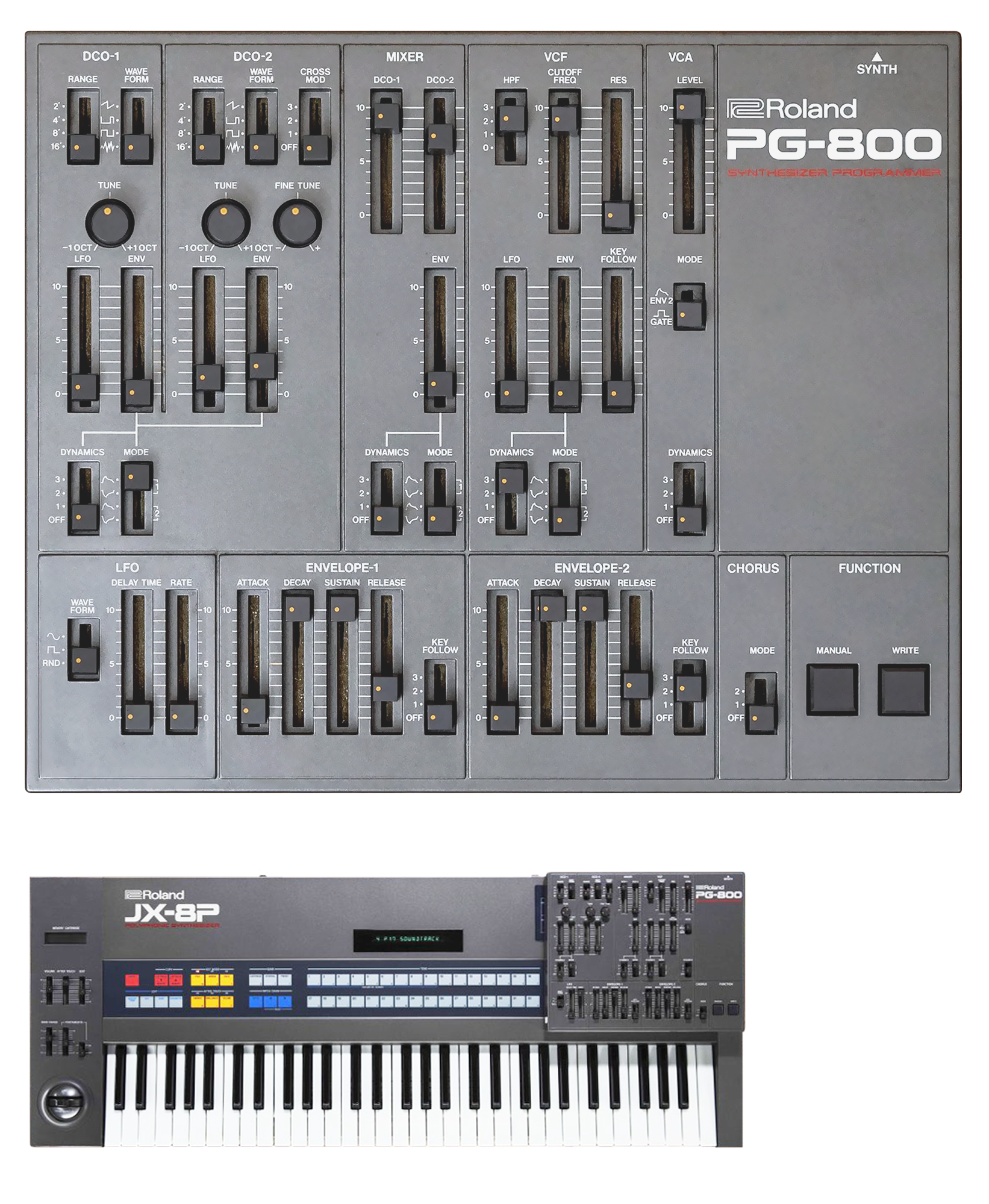
The MKS-50, JX-8P, JX-10 & other DCO Roland synths of this release period like the JX-3P & Alpha Juno 1 & 2, all switched to the DX-7 or Casio CZ style front-panel membrane switches, abandoning the traditional knobs & sliders. This gave rise to the Roland PG Programmer units, with the PG-800 being the largest of the PG range designed to accompany the JX-8P & JX-10 & MKS-50 rack version and ironically give these synths back the hands-on tactile control Roland had chosen to abandon in favour of the new fashion of the clutter-free membrane-switch look.
The MKS-50 can be found fairly cheap in the free-ads for such a classic old Roland analog synth but you can also get the smaller compact JX-08 emulation from Roland which is part of their recent Boutique modelled synth & drum machine series. The JX-08 is not an exact clone but it does much of what is required to emulates the JX-8P, JX-10 & MKS-50, adding many hands-on controls from the original PG-800 programmer interface built-in to the unit which delivers easy to use sliders to edit sounds and tweak parameters for performance & recording duties.



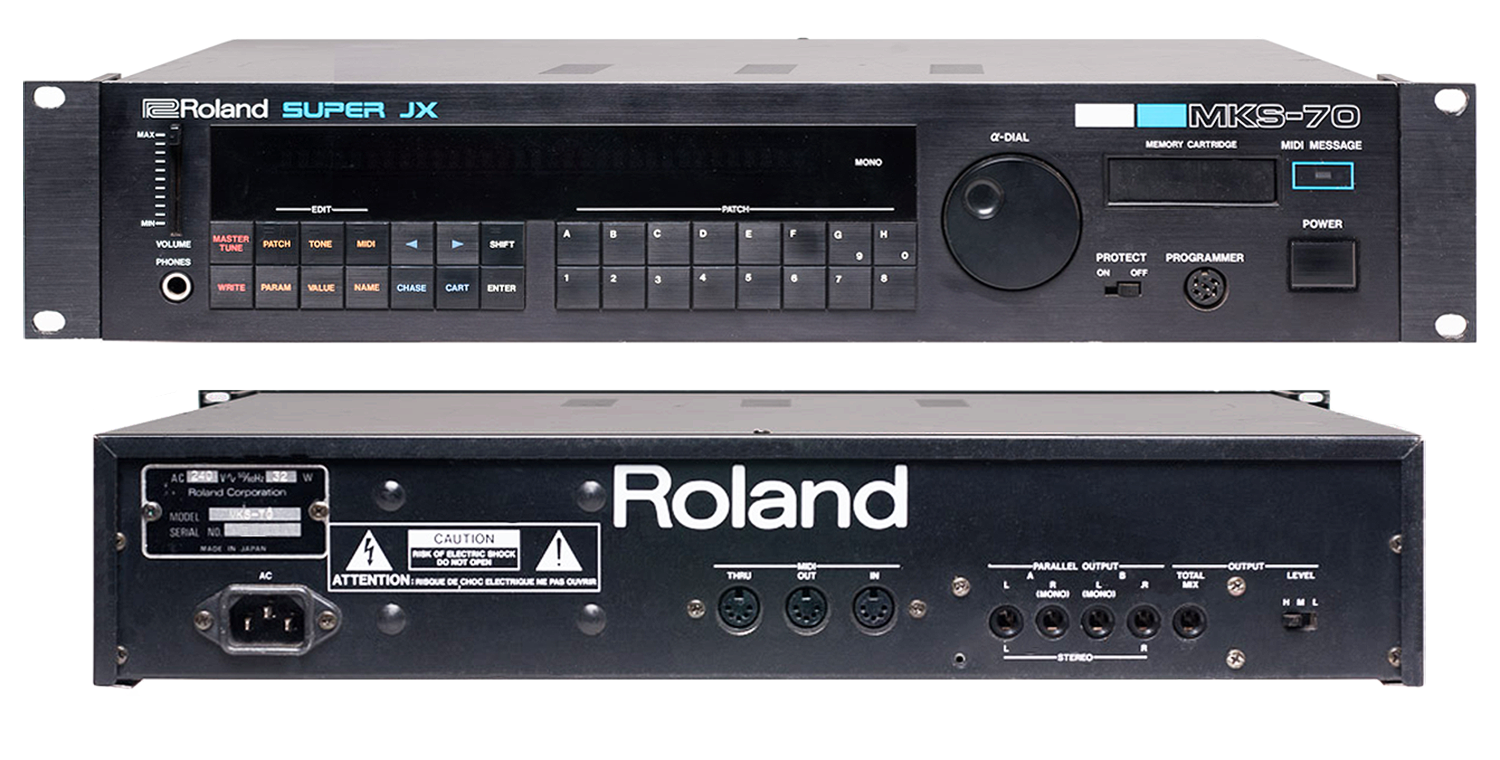

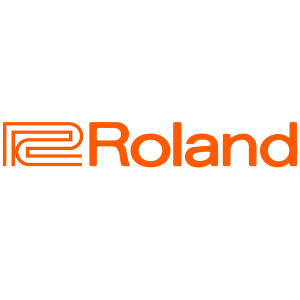
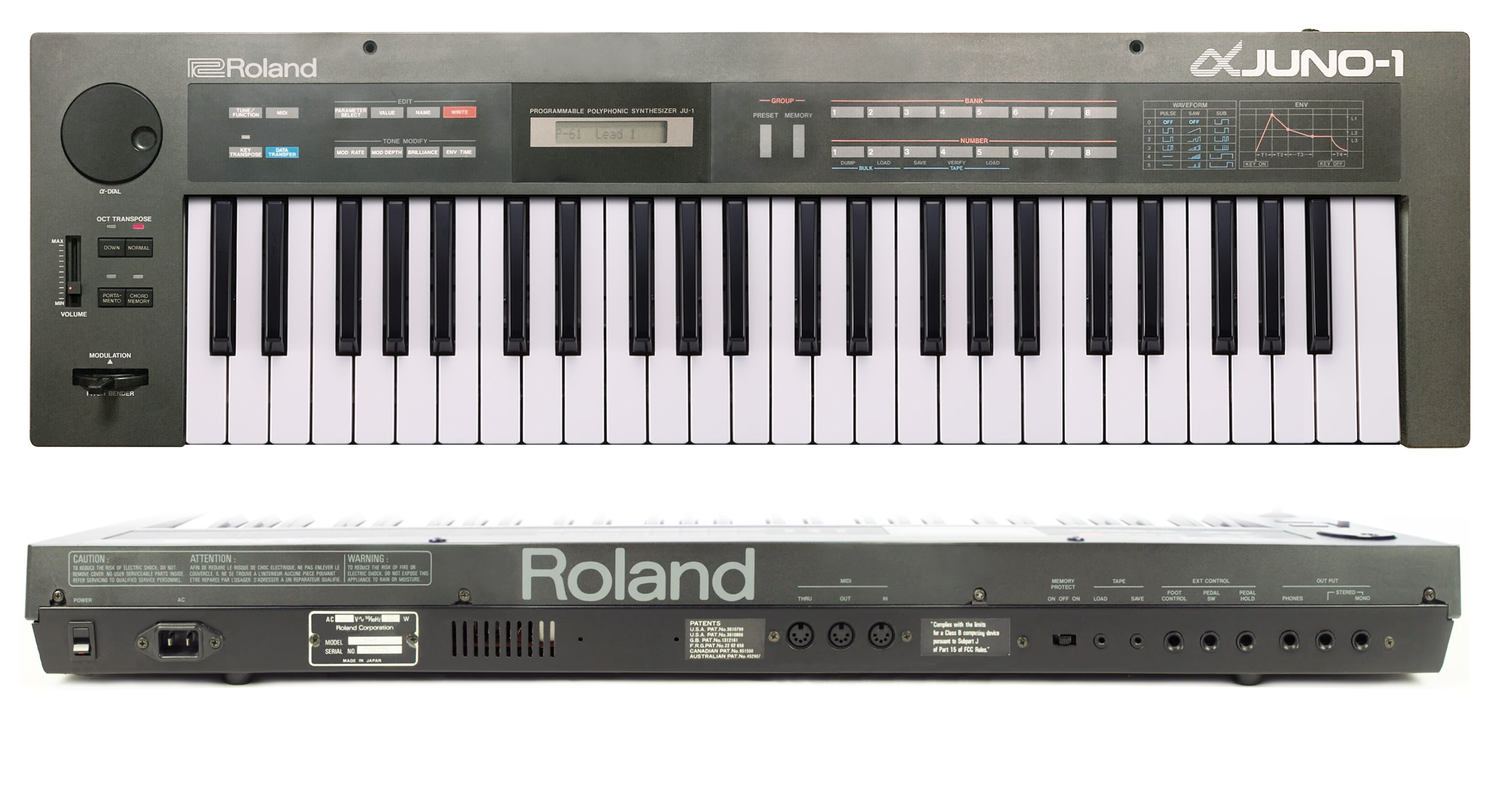
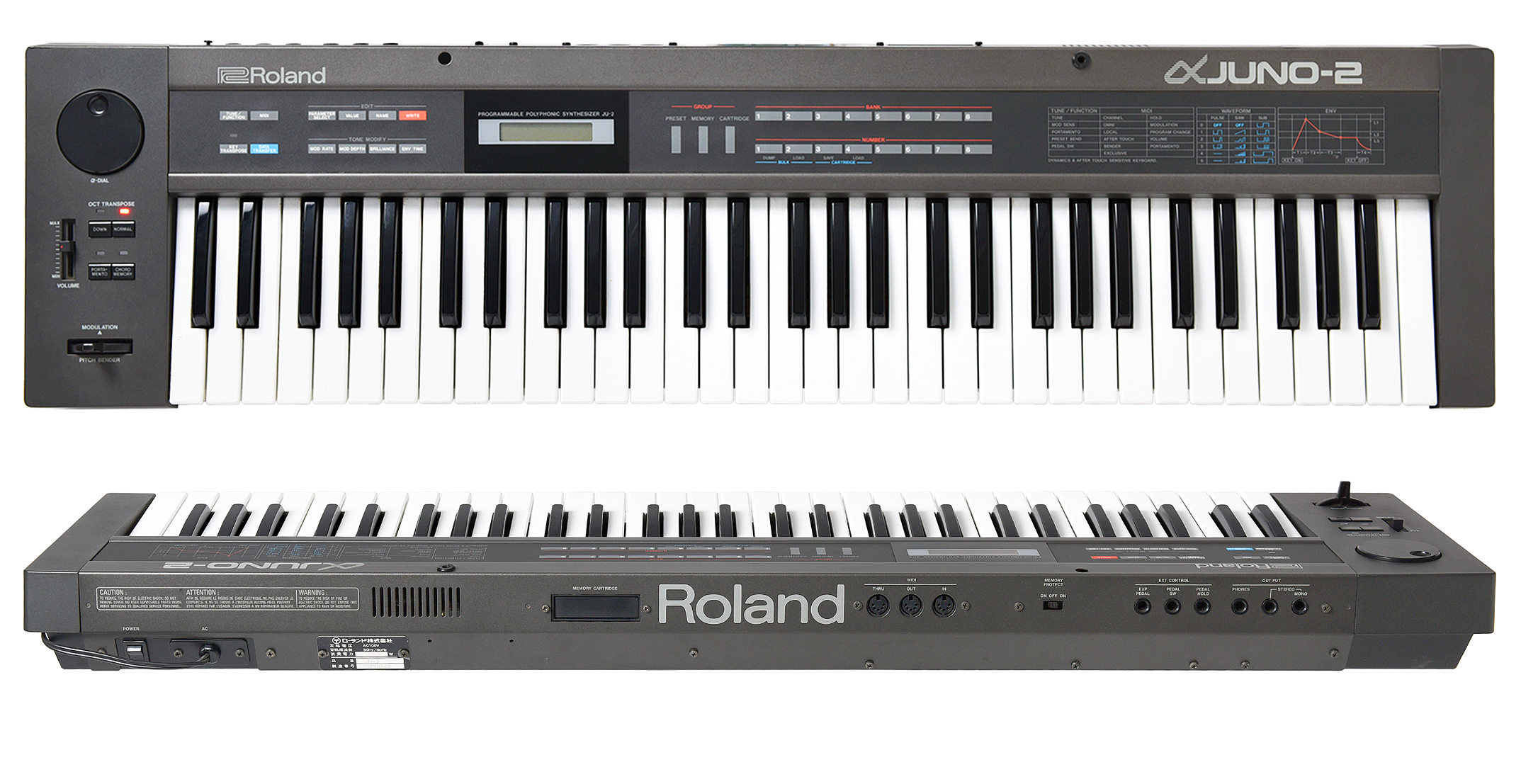
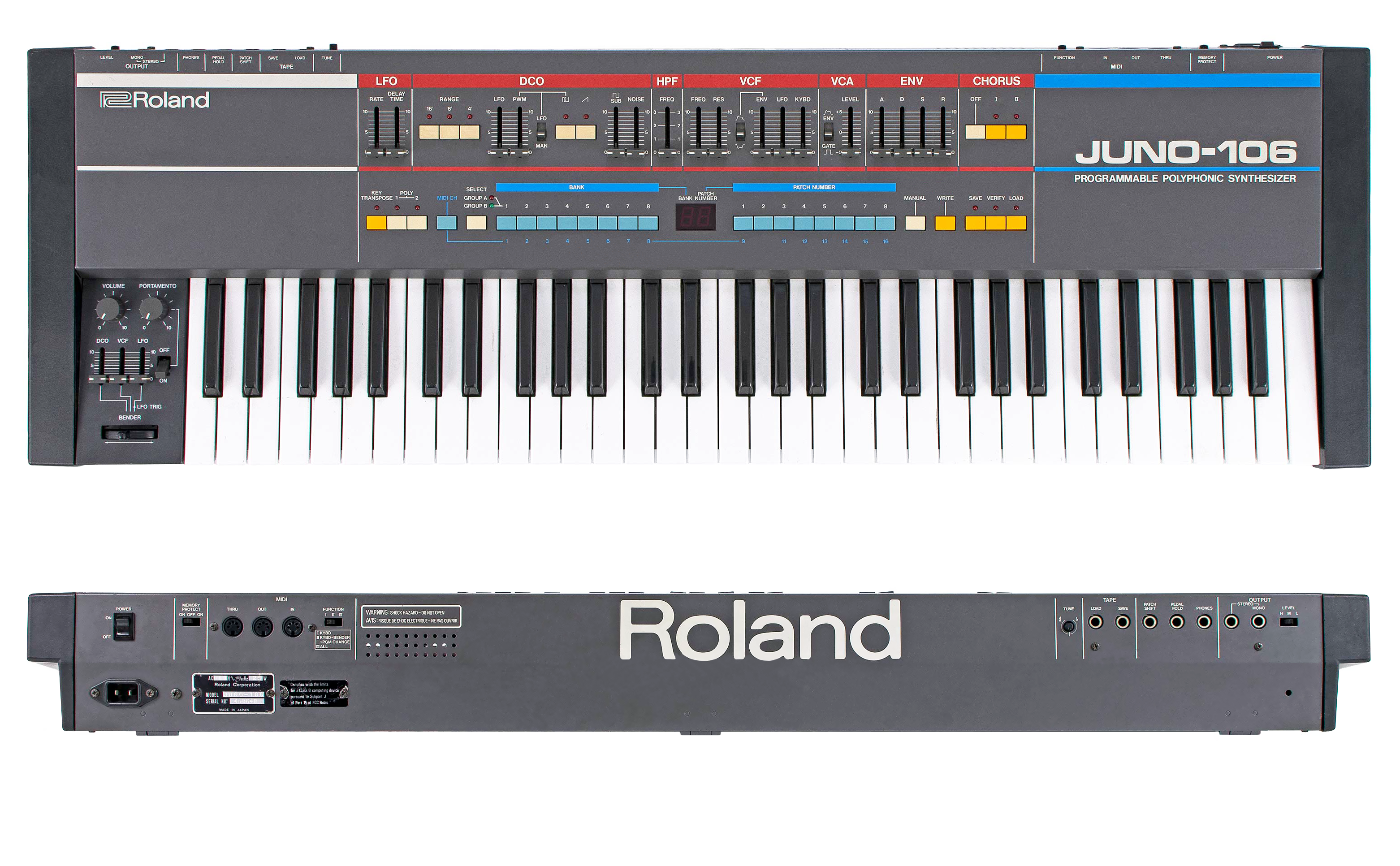
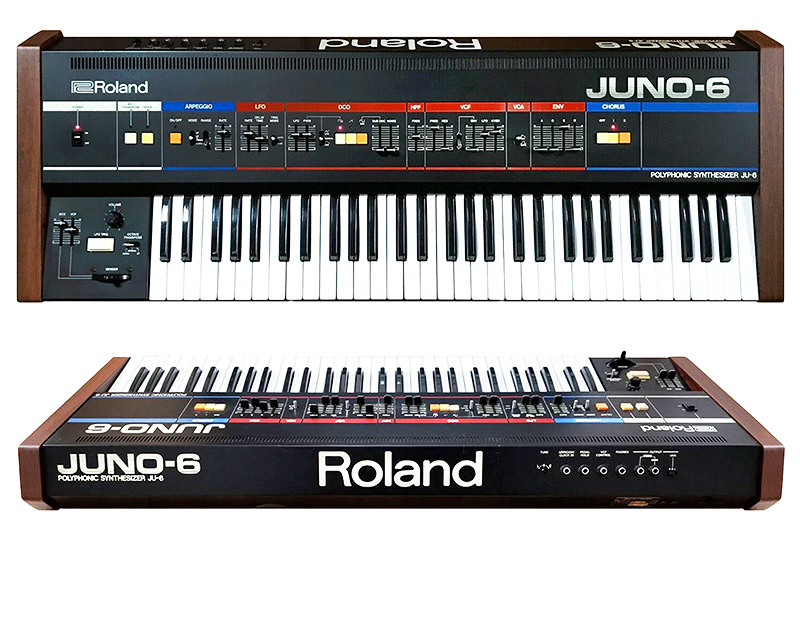
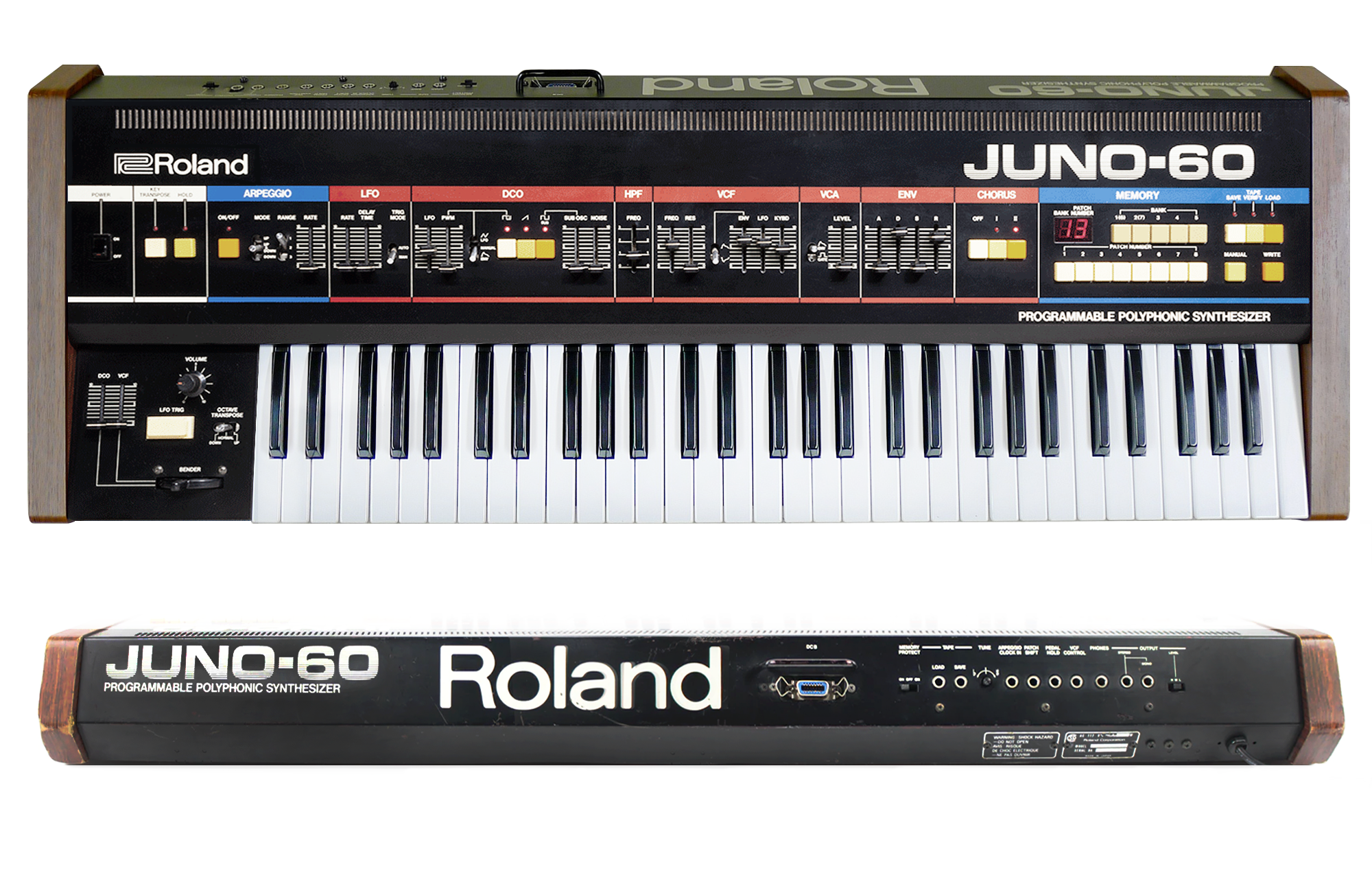
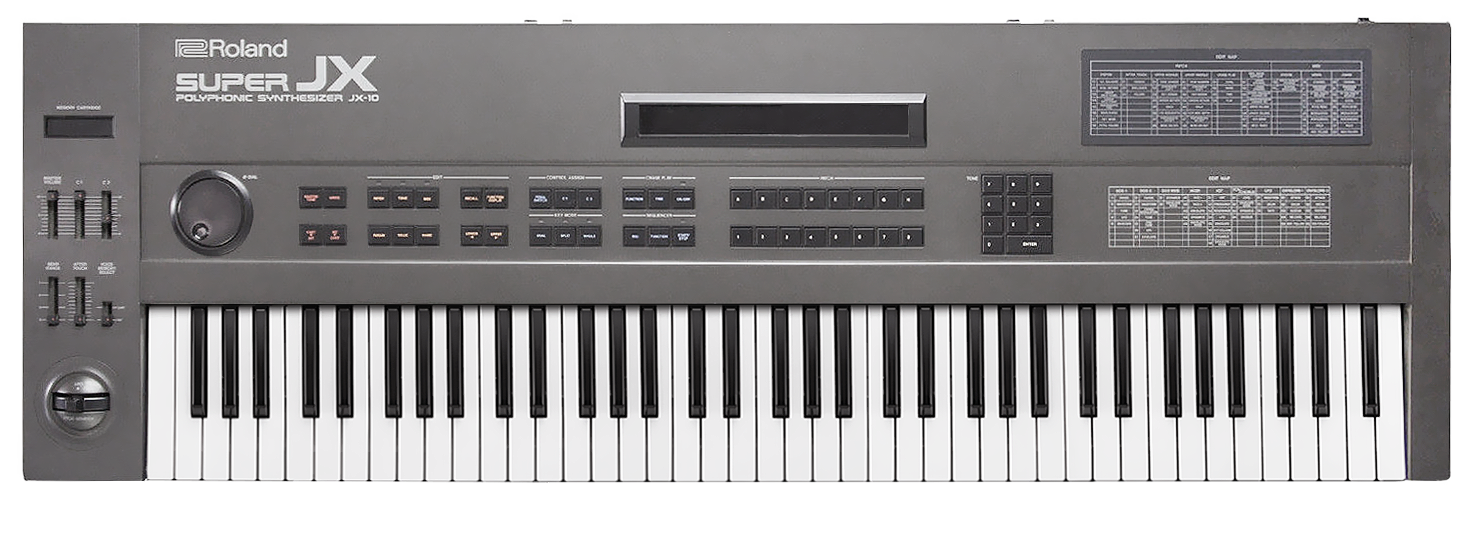
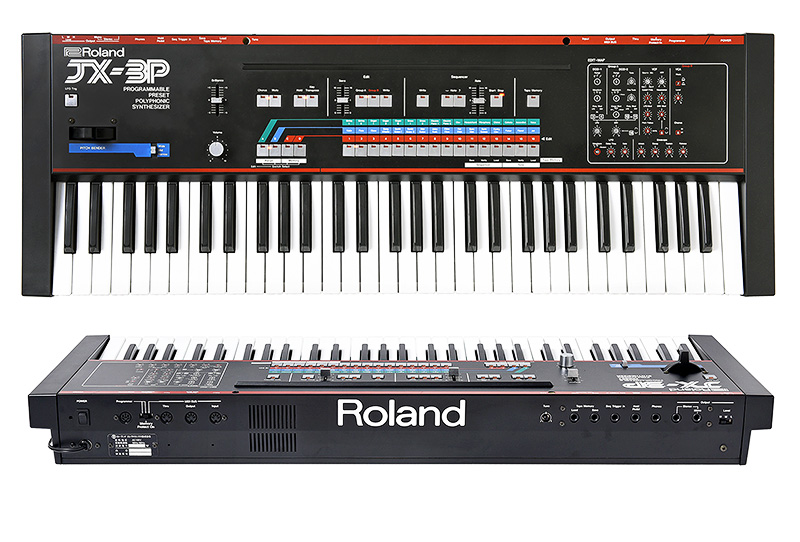
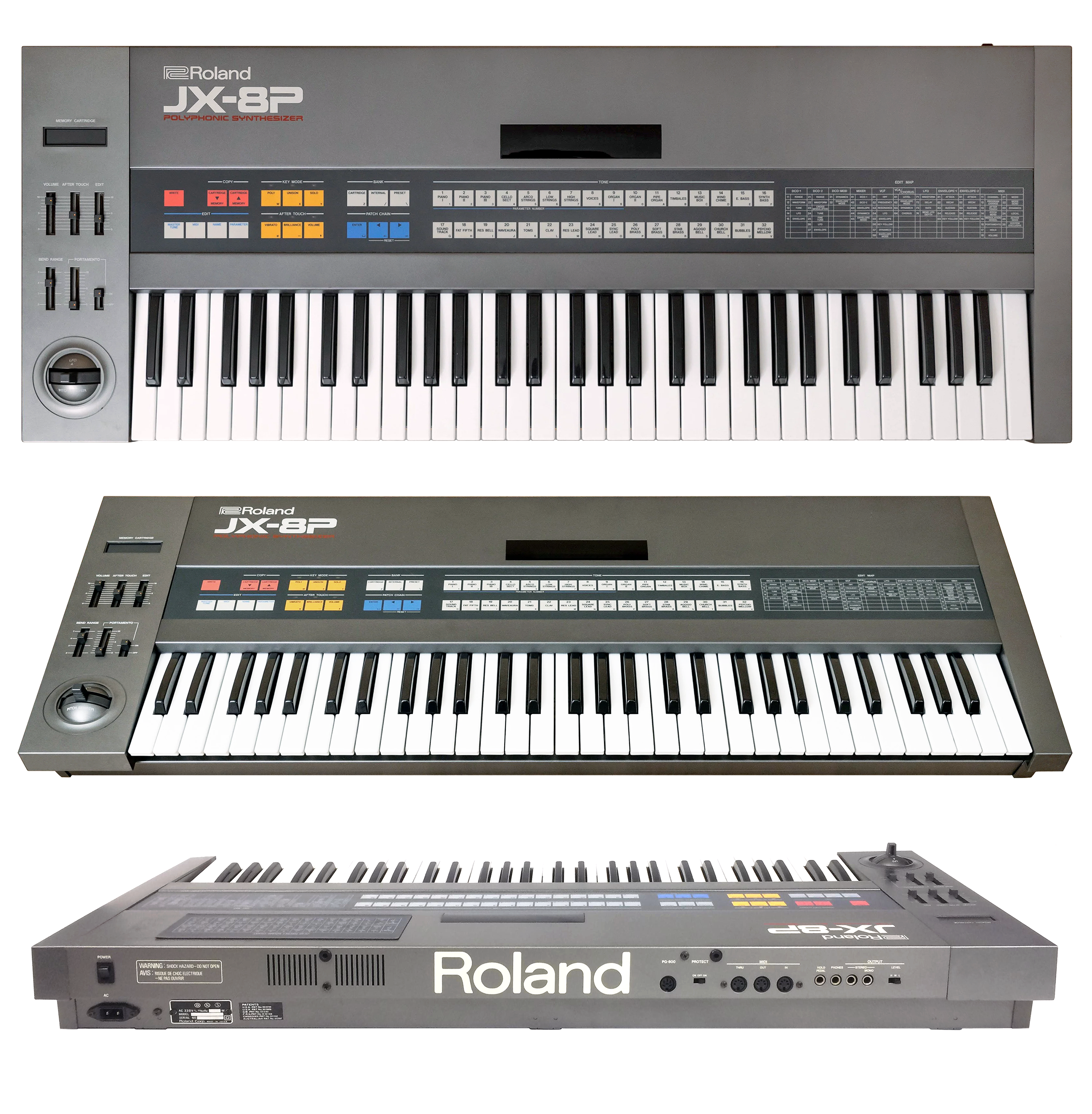
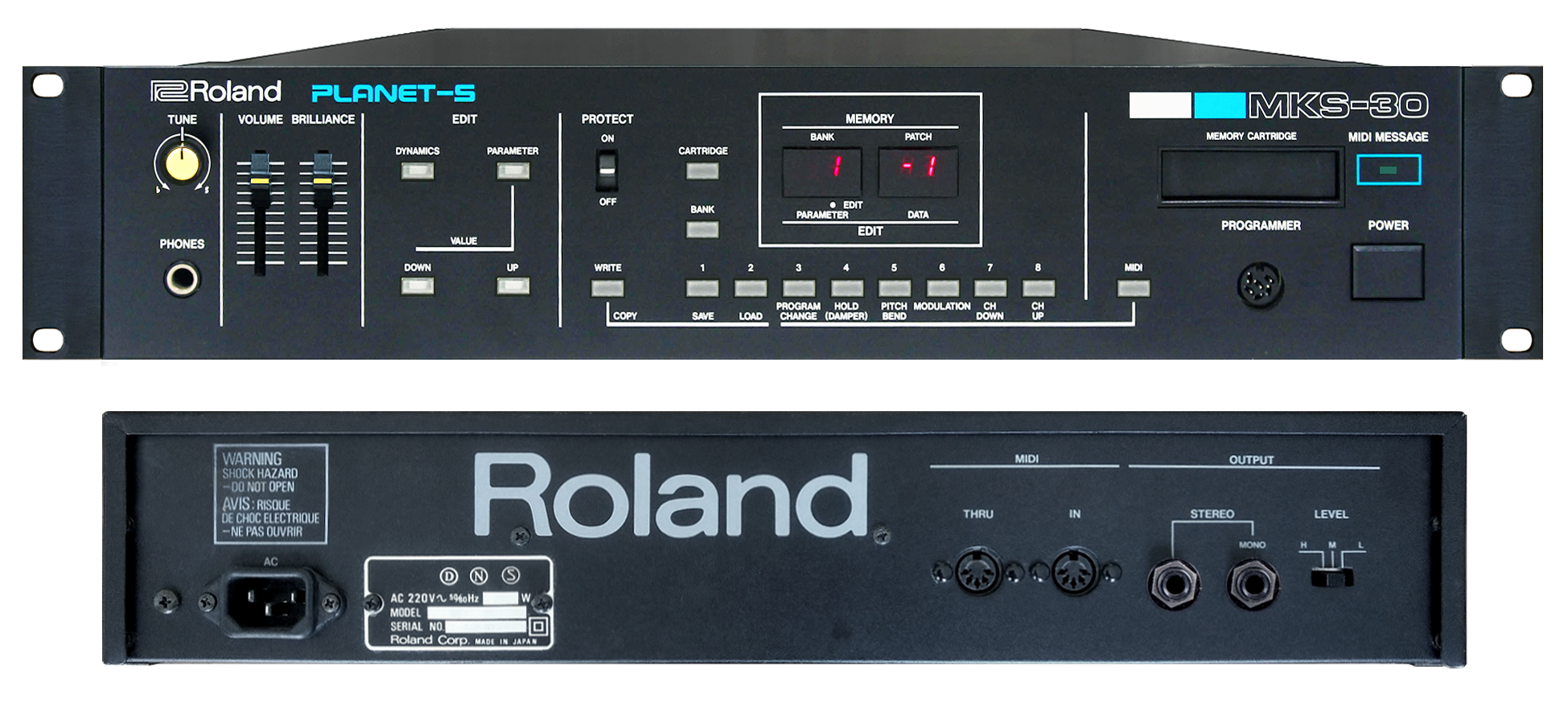

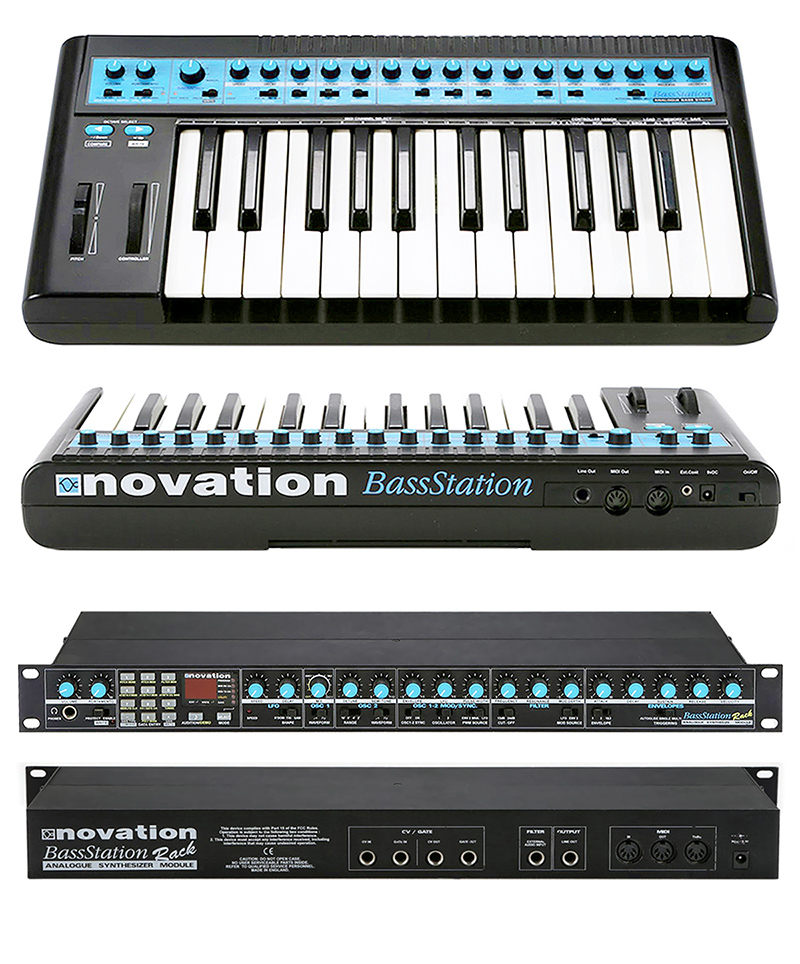
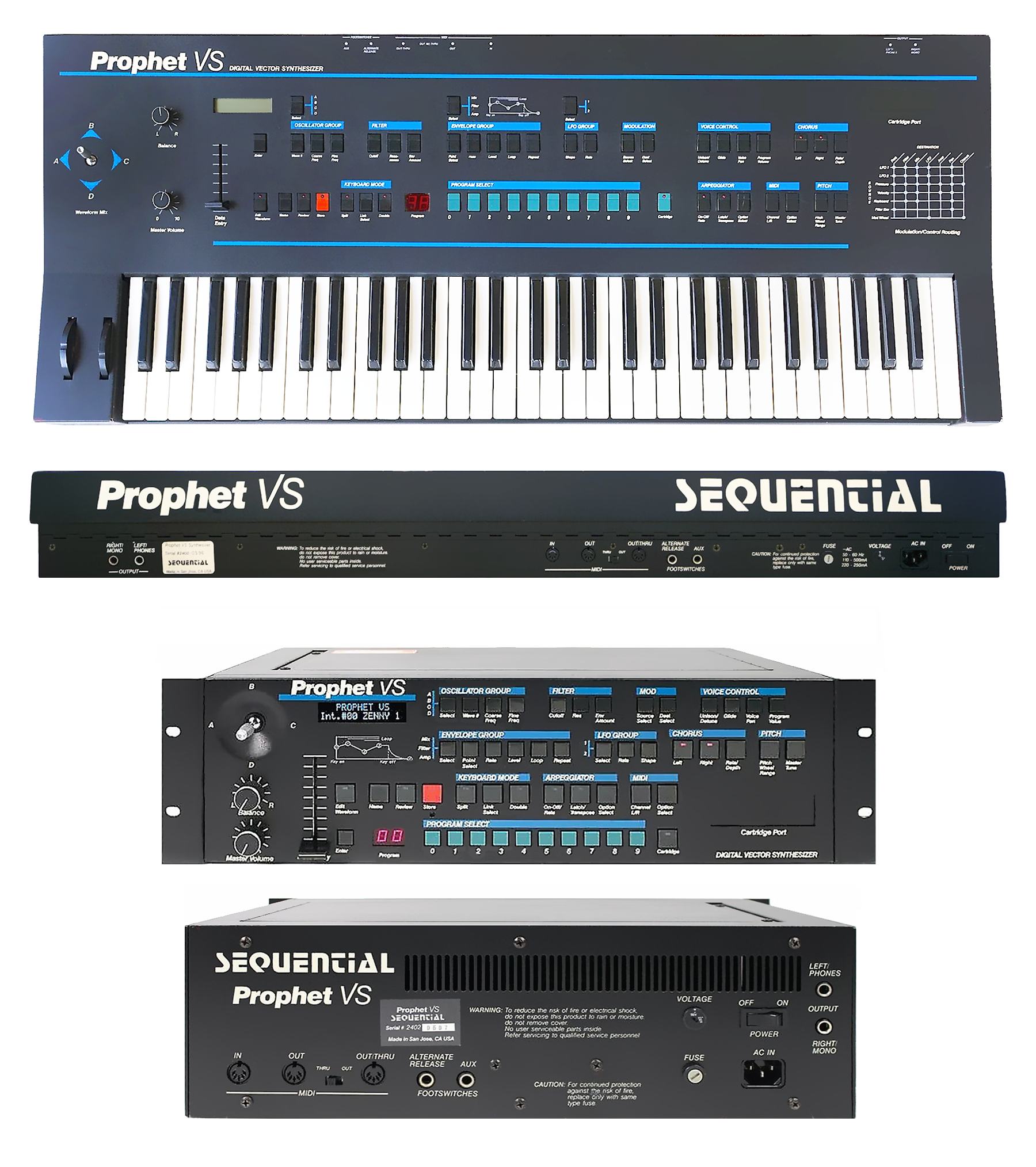
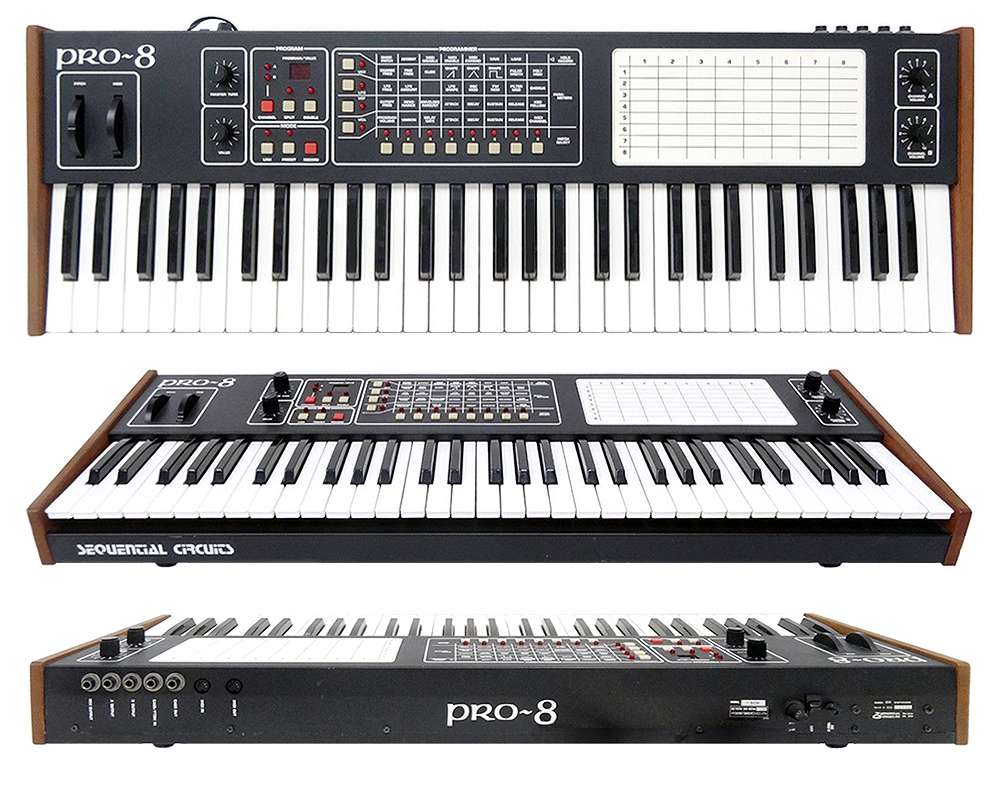
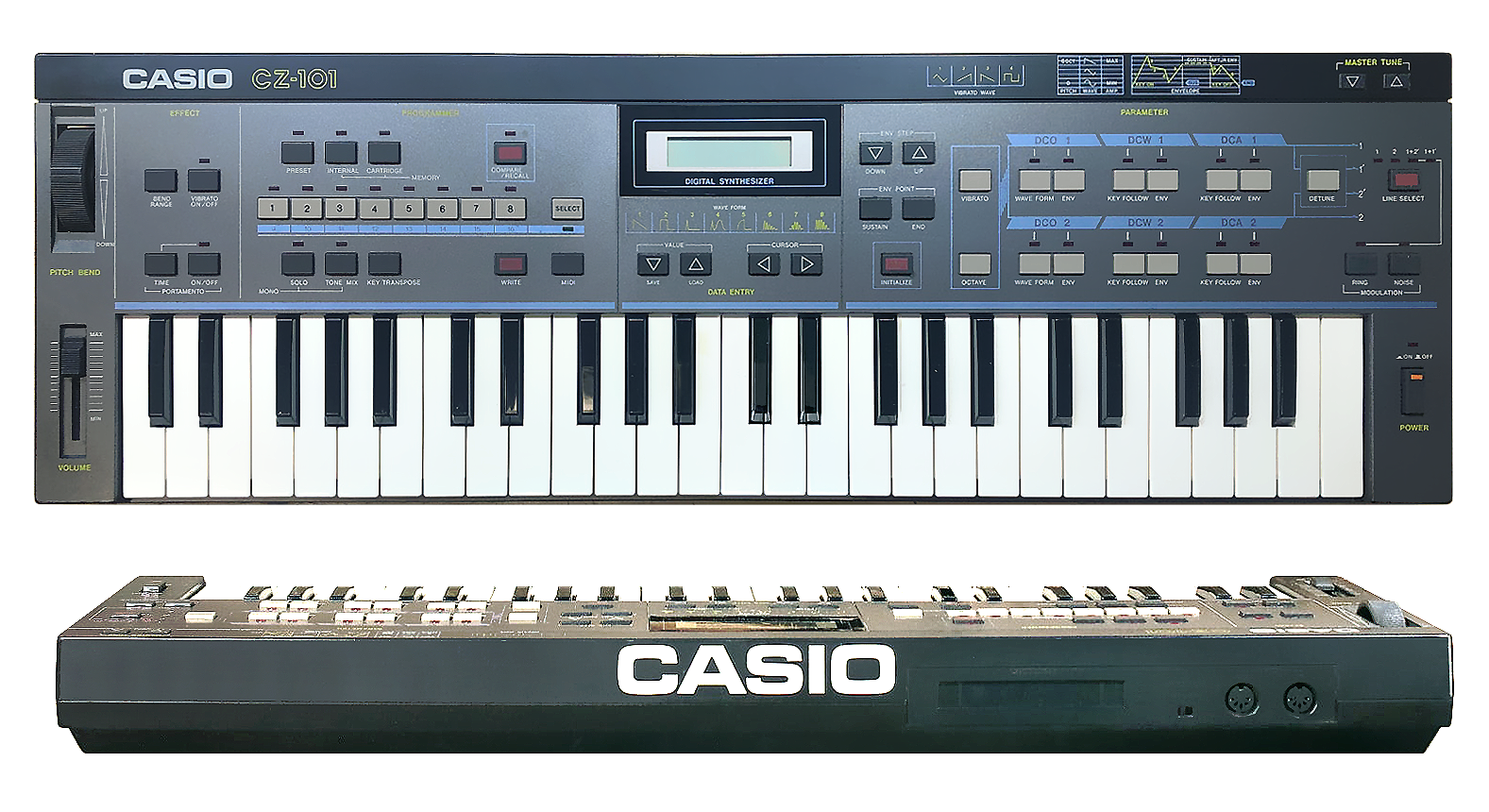
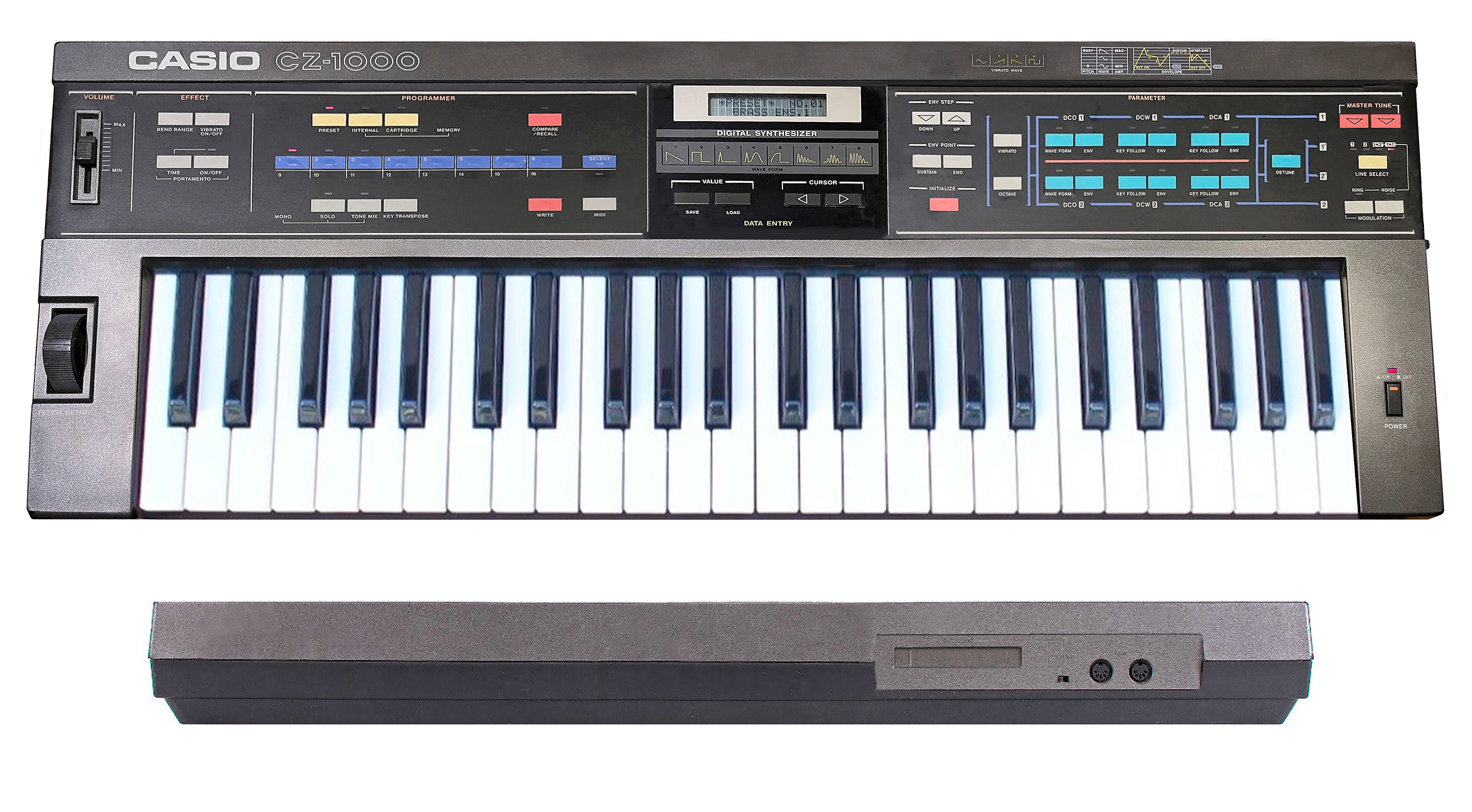
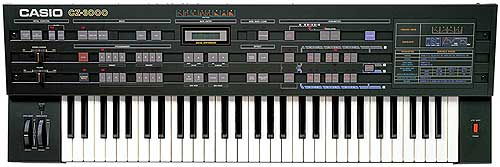



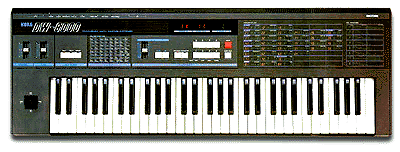
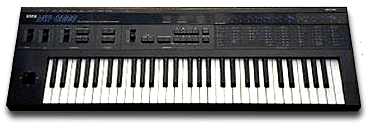
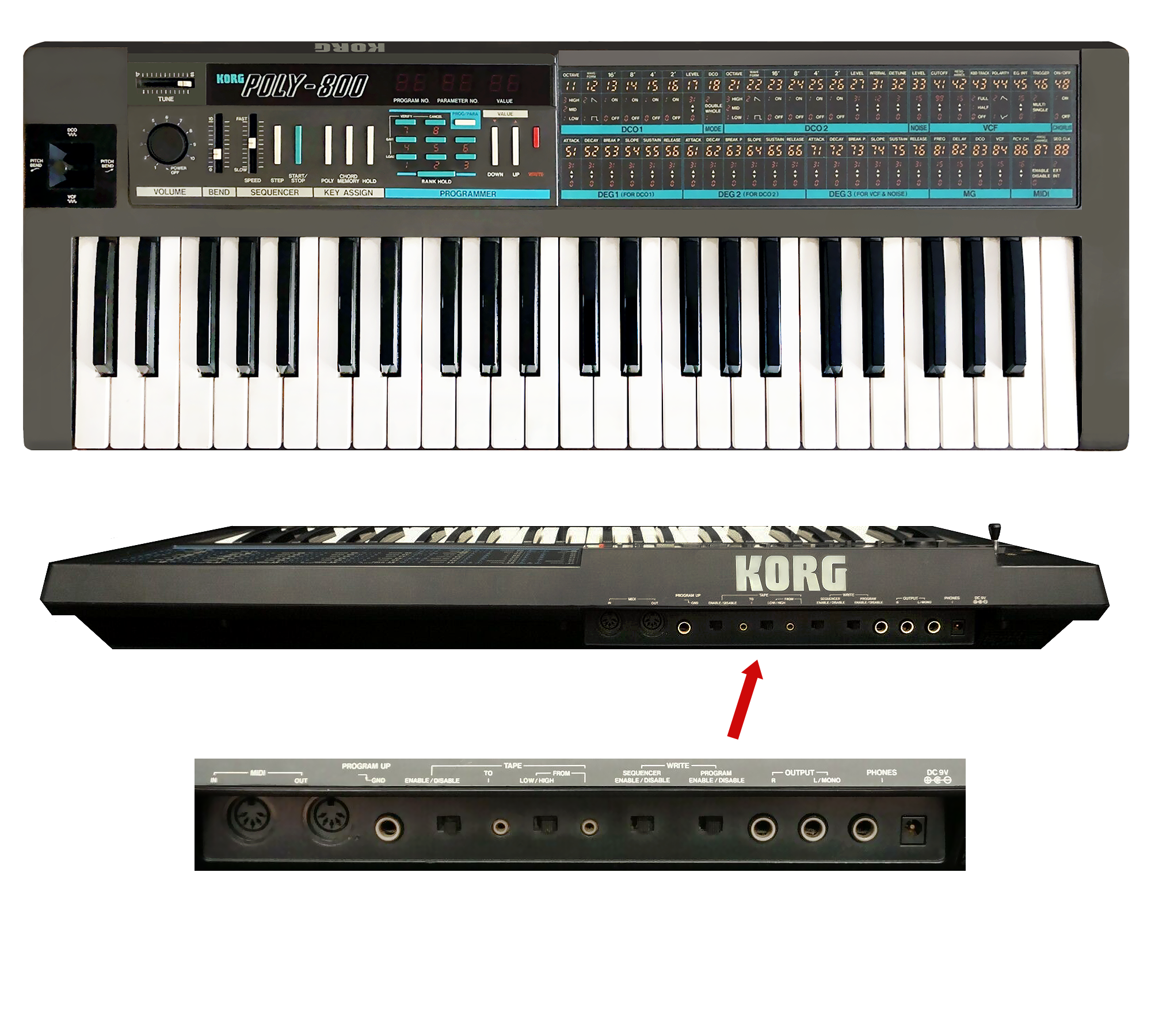
0 comments
Add review/comment